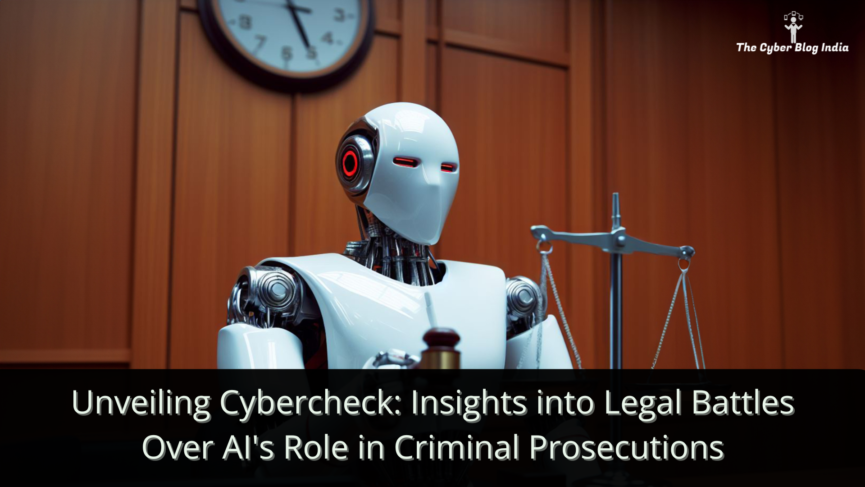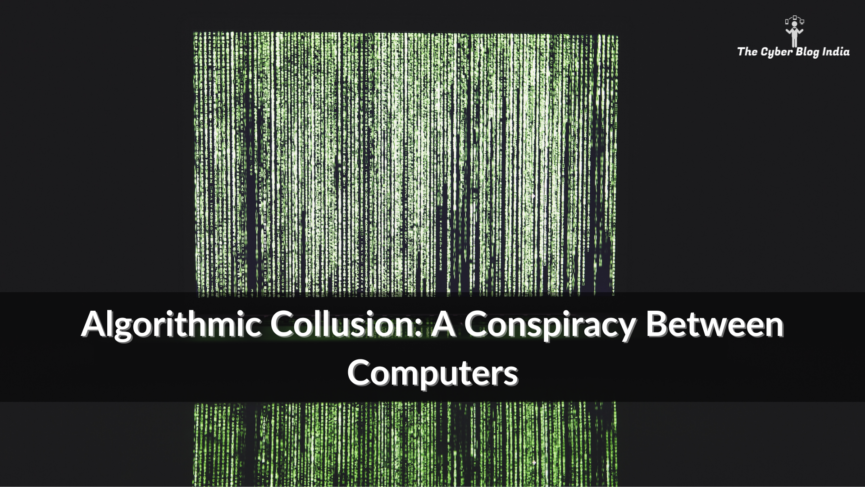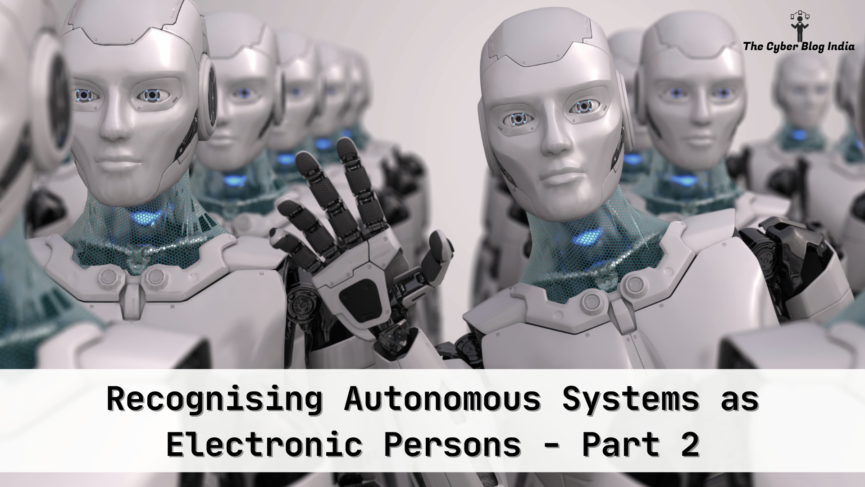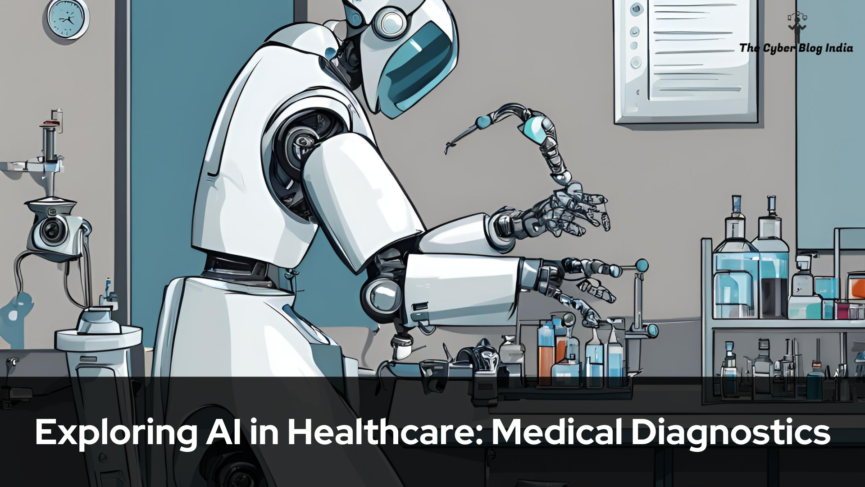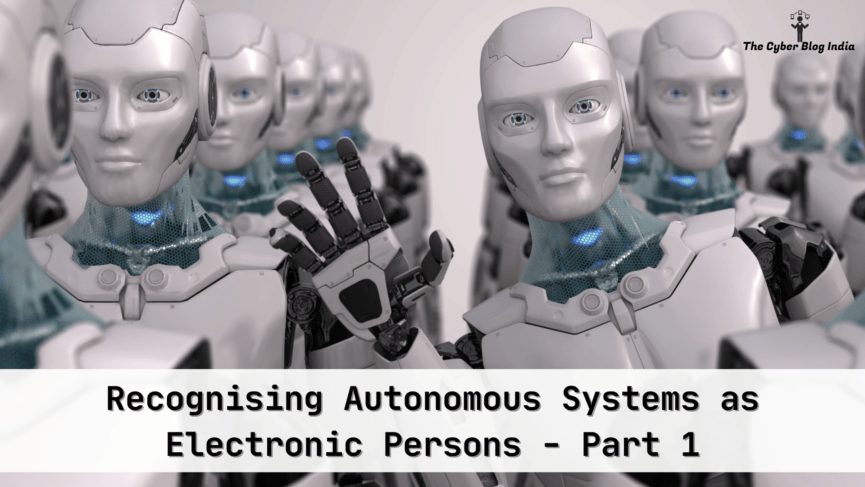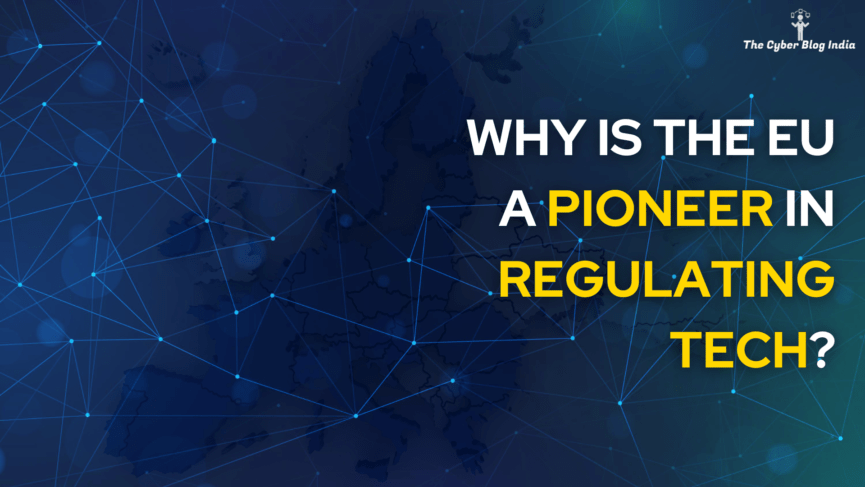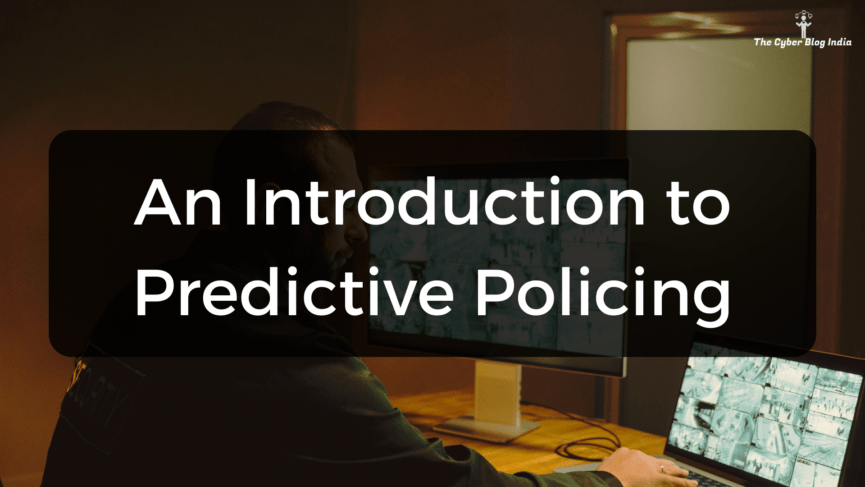Unveiling Cybercheck: Insights into Legal Battles Over AI’s Role in Criminal Prosecutions
When scientists and engineers said robots would steal our jobs, they were not wrong. Let me introduce you to Cybercheck, an artificial intelligence (AI) programme determined to overtake lawyers’ jobs in the US. Law enforcement and prosecutors across the US have … Read More

